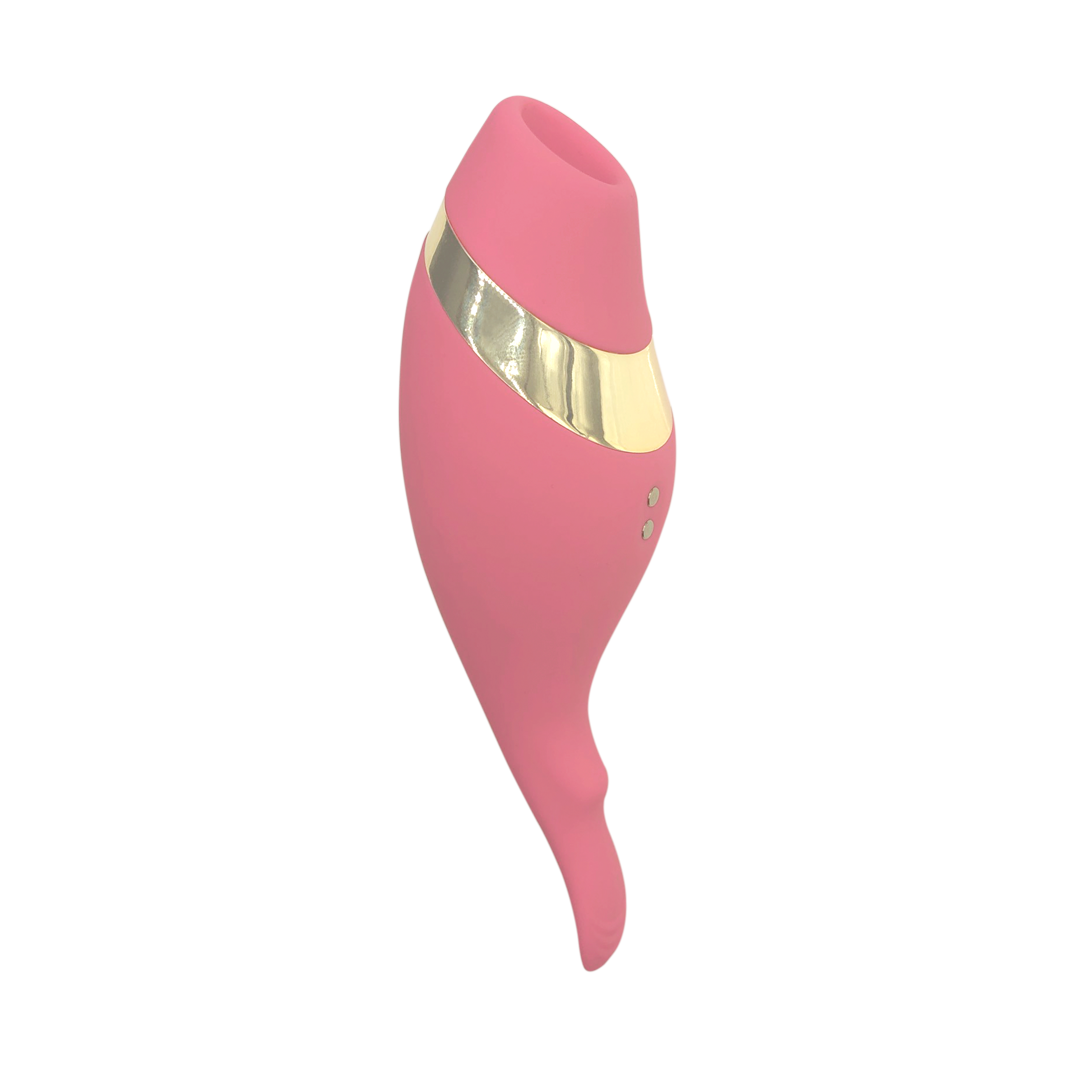Let’s Talk About Sex, Baby!
by Pure RomanceShare
Kids say the darndest things… and ask a lot of questions. As a parent, you may find your child asks a lot of questions that you may feel awkward answering… like about sex. But it’s never too early to talk about sex. In fact, talking with your young child about sex, sexuality, and bodies can help them have a healthy understanding of those things in life. In fact, the link between communication and safer sex practices is strongest for girls and teens who had conversations with their mothers.
We talked with Dr. Debby Herbenick, the Director of Indiana University’s Center for Sexual Health Promotion and mother of a four and six year old, about how to have open and honest conversations with your child and how that can lead to healthier choices when they’re older. She gives us a look into what conversations should be happening and when.
Newborns
Dr. Herbenick says sexuality educators recommend you begin talking with children about their bodies from the time they’re a newborn.=
“This is as simple as saying things like, “Next, I’ll wipe your vulva, put on a dry diaper, and get you into your pajamas,” Dr. Herbenick says. “Saying genital terms out loud helps parents become comfortable with the words and, when they are older infants or young toddlers and start understanding words, they will understand the words for their vulva (or penis and scrotum) and their bottom.”
Toddlers and preschoolers
This isn’t going to be a one and done conversation. As they grow, expand their knowledge share body-positive books with toddlers and preschoolers, like “What Makes a Baby” and “Amazing You.”
“This is also an important time to introduce body-safety books, like “My Body! What I Say Goes,” to make sure kids understand that no one besides their parents, caregivers, and doctor or nurse should be touching their vulva, penis, or bottom. Even then, they should only do that as part of taking care of them (like diapering, bathing, or checking to make sure they’re healthy with a parent present),” Dr Herbenick adds.
Kindergarteners
Around the age of five or six, Dr. Herbenick says you’ll start to get more detailed questions about babies and how they’re made. Make sure you keep giving them fact-based answers.
She says, “Generally speaking, the idea is to only answer the question you’ve been asked rather than go into a long monologue that is much too much for young kids. And if they say sex sounds yucky, it’s an opportunity to say something like, ‘I can understand how it might sound that way, but it can actually feel good – just remember that it’s something grownups do (not kids).’
On a final note, prepare for these conversations. It’s ok to feel awkward and uncomfortable when talking about sexuality. Prepare yourself by thinking about what words you’re comfortable using and going from there. If you feel like a particular conversation didn’t go the way you wanted, don’t worry! There are plenty more opportunities for open and honest conversations down the road.




 Jingle All the Way with These Sex Positions
Jingle All the Way with These Sex Positions
 2024 Sagittarius Season Love & Sexscope
2024 Sagittarius Season Love & Sexscope
 Counting Down The 12 Days of Play
Counting Down The 12 Days of Play